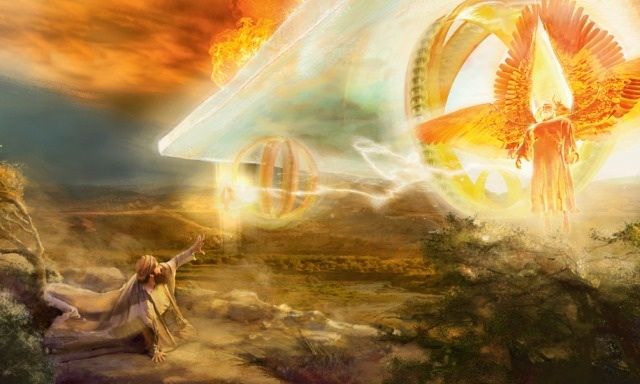Thank you for your contribution.

This was Jesus teaching us how to pray. So many people today are not taught how to have a conversation with God. They have prayer books and rosary beads and ritual repetitions in church, but is that what we need to talk to God? Is that what Jesus taught us by means of this prayer?
Yes...Jesus didn't say MY Father, but OUR Father.....that makes us all one family. But like all families, there are those who don't want to follow the rules. There are consequences for such ones.
Actually the Bible gives heaven as the dwelling place of God, (1 Kings 8:30) so the belief that he is 'omnipresent' is not supported in the Bible. His other quality, "Omniscience" means "all knowing", but just because he knows what is going on everywhere, doesn't mean that he has to
be everywhere.
If you "hallow" something, you make it sacred....sanctified.....holy. God has a name. It is the only name that he gave to identify himself to his people.
Psalm 83:18 (KJV) ...
." That men may know that thou, whose name alone is Jehovah, art the most high over all the earth."
"Jehovah" is the English translation of the Hebrew YHWH, the pronunciation of which was lost by the Jews' decision to stop saying it.
It has been transliterated using "Yahweh" as something close to the original name. All that aside, Jesus said he had come to make God's name known to his disciples, (John 17:6; 26) so obviously when he prayed the model prayer, God's name was of the utmost importance, since his name was tied up with his Godship and reputation. It was the first thing Jesus mentioned.
It means that we long to see God's will being done on earth as it is in heaven, just as Jesus did. His sacrifice was going to bring that about.
But we see in the beginning that hings were not always good in heaven. Satan was a rebellious angel who managed to take a third of the other angels into rebellion with him. As free willed creatures like us they had that choice. But Jesus knew what his mission would accomplish.....heaven would be cleaned up first, when satan and his hordes would be evicted (Revelation 12:7-12) and then God would clean up the earth, resulting in a "new earth" ruled by a "new heavens". (2 Peter 3:13) Only then would God's will be done in both realms. (Ephesians 1:8-10)
Yes, bread was a staple. Not exactly something to hold a banquet with, but it meant a sustainable life, not necessarily with any luxuries. It was basic needs.
This is very important because God's forgiveness of us rests solely on our ability to forgive others. We will reap what we sow. Golden rule.
The devil had the audacity to tempt the perfect son of God, which would have been three sinless notches on his belt......the fact that Jesus was 100% human meant that Adam could have withstood the temptation given to him too. So if we think that the devil cannot overreach us as imperfect and sinful, then we are kidding ourselves....so yes, the best way to resist temptation is to stay right out of harm's way.
There is a chain reaction that James beings to our attention....
" Let no one say when he is tempted, “I am being tempted by God”; for God cannot be tempted by evil, and He Himself does not tempt anyone. 14 But each one is tempted when he is carried away and enticed by his own lust. 15 Then when lust has conceived, it gives birth to sin; and when sin is accomplished, it brings forth death." (James 1:13-15 NASB)
Every action begins with our thoughts.....this is saying to identify what the first step in that chain is, and stop it right there. God will not bring the temptation, but neither will he prevent them. It is up to us to resist them by nipping things in the bud.
This is actually not part of the Lord's Prayer...it was a later addition only used by Protestants.
But we certainly give God the glory and honor he deserves.




